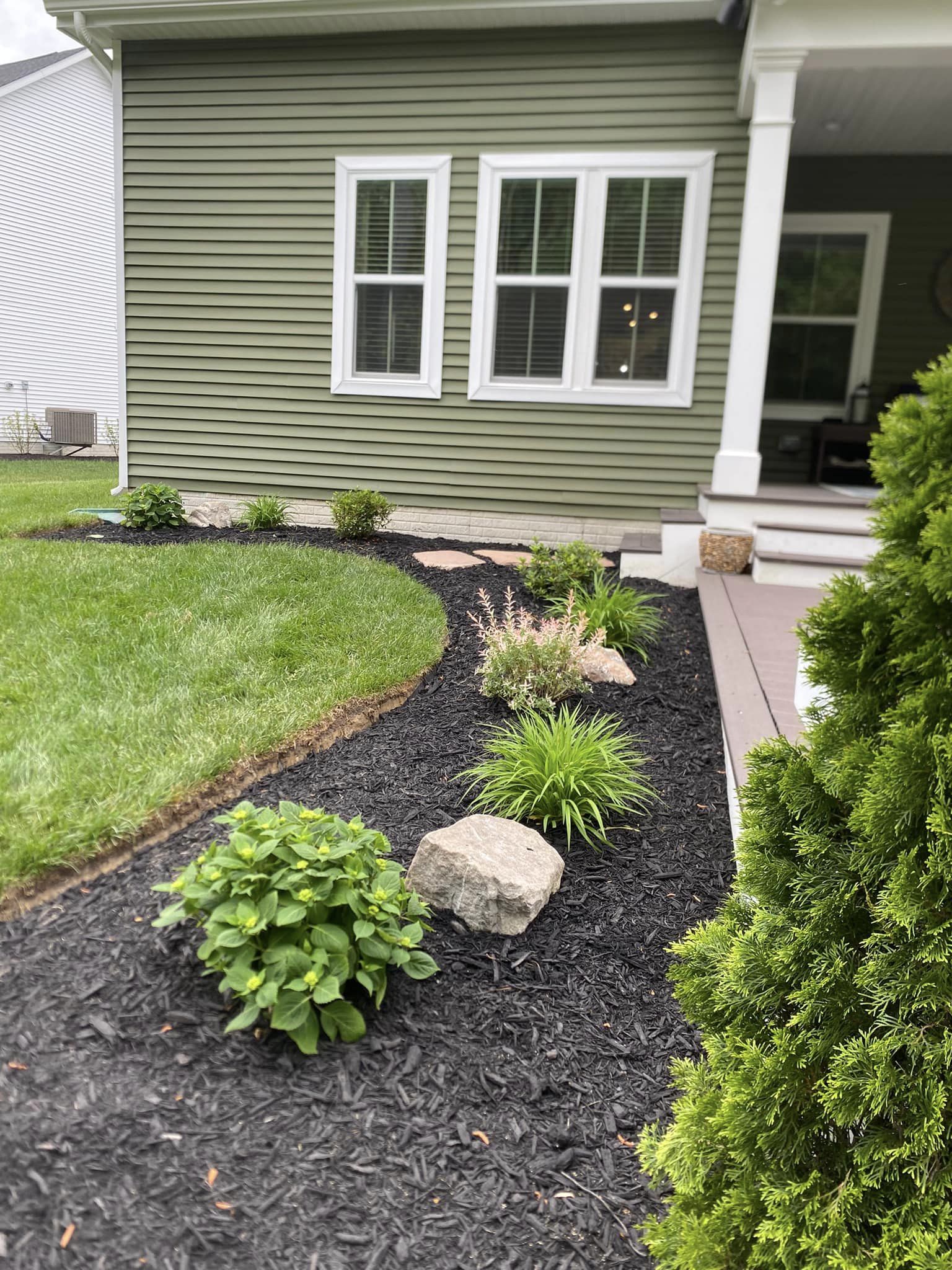
Green Thumb Guide: Sustainable Landscaping Practices for Modern Homeowners Aug 07, 2025
To get started on sustainable landscaping, it's essential to understand the local climate and native plant species. Native plants are better adapted to the local environment and require less water, fertilizers, and pesticides. This means you can achieve a lush, thriving garden without excessive maintenance and resource use. By incorporating native flora such as wildflowers and drought-resistant shrubs, you'll not only provide habitats for local wildlife but also reduce your water consumption significantly.
Water conservation is a cornerstone of sustainable landscaping. One effective method is the implementation of a rainwater harvesting system. By capturing rainwater in barrels or cisterns, you can reduce your dependency on the municipal water supply, especially during dry spells. Additionally, using drip irrigation systems instead of traditional sprinklers minimizes evaporation and ensures water reaches the plant roots directly, promoting healthier growth while conserving water.
Another key aspect of sustainable landscaping is soil health. Healthy soil means healthier plants, which can better withstand pests and diseases without the unnecessary use of chemical pesticides. One way to improve soil health is by composting. Composting not only recycles kitchen and garden waste but also enriches the soil with vital nutrients. By regularly adding compost to your garden beds, you promote soil biodiversity and structure, essential for robust plant growth.
Mulching is another powerful sustainable practice. Applying a layer of organic mulch, such as wood chips or bark, helps retain soil moisture, suppress weeds, and regulate soil temperature. Over time, the mulch breaks down and further enriches the soil. This method not only reduces your garden's maintenance needs but also enhances its aesthetic appeal.
Designing your landscape for energy efficiency is another savvy move. Strategic planting of trees and shrubs can provide shade for your home during hot summer months, reducing your reliance on air conditioning. Deciduous trees are particularly effective, as they offer shade in the summer but allow sunlight to warm your home in the winter when they lose their leaves. This natural form of temperature regulation can lead to significant energy savings.
Finally, consider incorporating hardscape features made from sustainable materials. Features such as pathways, patios, and walls constructed from recycled or locally sourced materials reduce your landscape's carbon footprint. Permeable paving options can also enhance rainwater infiltration, minimizing runoff and erosion.
In conclusion, adopting sustainable landscaping practices not only benefits the environment but also creates a resilient and healthy garden. As you explore these green thumb practices, you'll enjoy the satisfaction of contributing positively to your local ecosystem while enjoying a beautiful and functional outdoor space. For personalized advice and expert assistance with your sustainable landscaping endeavors, trust Keys Yard Maintenance and Handyman to help realize your vision for an eco-friendly oasis. Your garden can be a testament to the harmonious coexistence of beauty and sustainability, reflecting your commitment to a greener future.
/filters:no_upscale()/media/8c00b57c-5412-4971-b34a-c772d987cf70.jpeg)
/filters:no_upscale()/filters:format(webp)/media/7bcb569b-e199-4359-be34-9f06d9618e37.jpeg)